Publications
Articles, publications, books, tools and multimedia features from the U.S. Institute of Peace provide the latest news, analysis, research findings, practitioner guides and reports, all related to the conflict zones and issues that are at the center of the Institute’s work to prevent and reduce violent conflict.
Question And Answer
Whither NATO at 75?
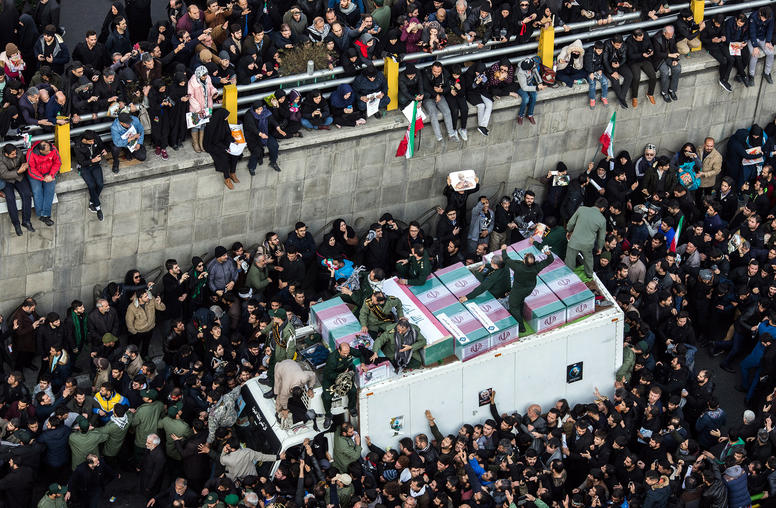
Are the U.S. and Iran Really on the Brink of War?
The killing of Qassem Soleimani was the boldest U.S. act in confronting Iran since the 1979 revolution, tantamount to an act of war. Although U.S. officials have characterized the move as “decisive defensive action.” However, if Iran had assassinated the general who heads Central Command (the unit overseeing U.S. military operations in the Middle East and South Asia), Washington would have similarly viewed it as tantamount to an act of war.
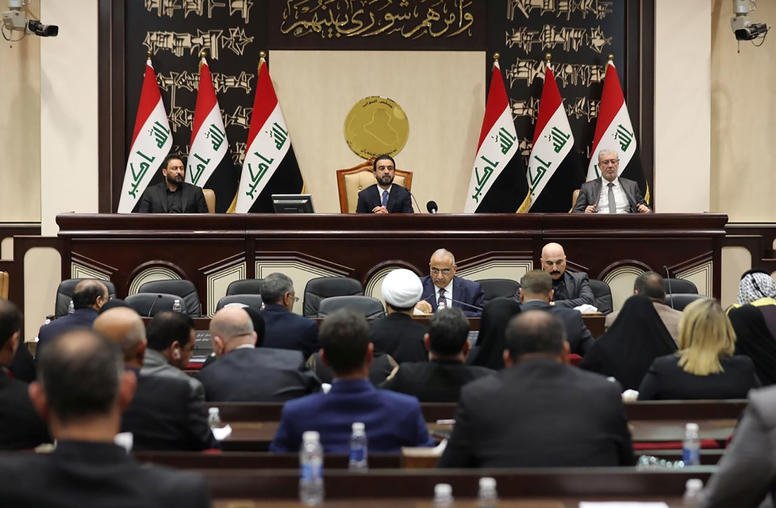
After the Soleimani Strike, What’s Next for Iraq and the Region?
With tensions between Iran and the U.S. already simmering, the January 3 U.S. airstrike that killed powerful Iranian commander Qassem Soleimani is sure to have ripple effects across the region. Maj. Gen. Soleimani, the commander of Iran’s Quds Force, coordinated Iran’s military operations and proxies across the Middle East.

Dr. Elie Abouaoun on Iraq and U.S.-Iran Tensions
Following the attempted siege of the American Embassy in Iraq, USIP’s Elie Abouaoun says the U.S. must increase its presence in Iraq because it “doesn’t have the choice but to increase its investment … so that the expansion of Iranian influence is basically contained.”
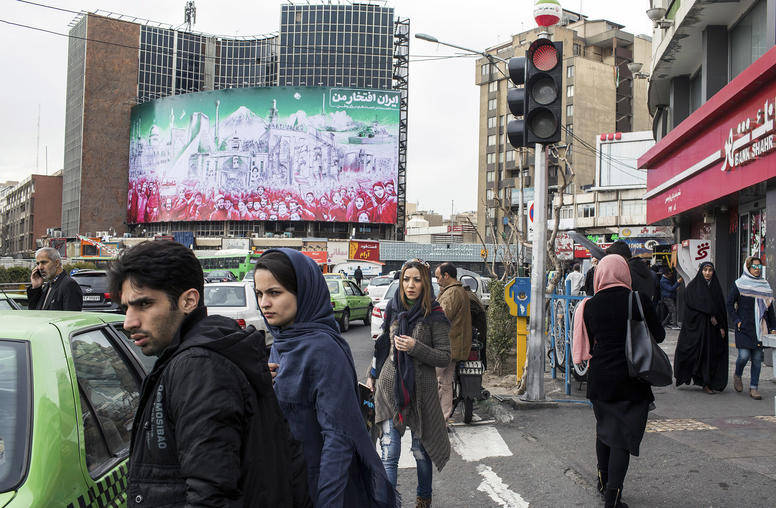
The Origins and Future of the Iran Crisis
The confrontation between the United States and Iran has shifted again as President Trump and the administration announced financial sanctions against Iran’s supreme leader, the Ayatollah Ali Khamenei, and other Iranian officials. Within days, the crisis has spun from attacks on oil tankers to an Iranian missile strike on a U.S. military surveillance drone, all centered around the Persian Gulf, the economic artery for about a third of the world’s oil. Hours after President Trump announced the latest sanctions, USIP’s Robin Wright—who directs the Institute’s Iran Primer project—discussed where the crisis stands, and where it could turn.
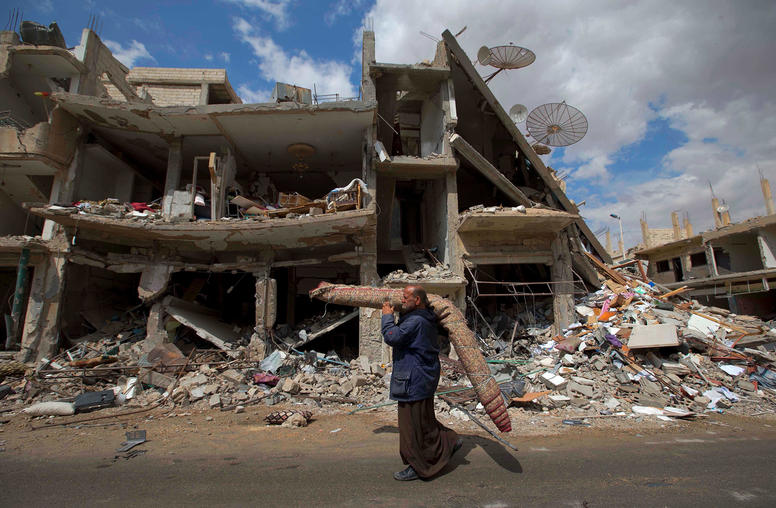
The Fatemiyoun Army: Reintegration into Afghan Society
Since 2013, as many as 50,000 Afghans have fought in Syria as part of the Fatemiyoun, a pro-Assad force organized by the Iranian Revolutionary Guards Corps. Based on field interviews with former fighters and their families, this Special Report examines the motivations of members of the Afghan Shia Hazara communities who joined the Fatemiyoun as well as the economic and political challenges of reintegrating them into Afghan society.
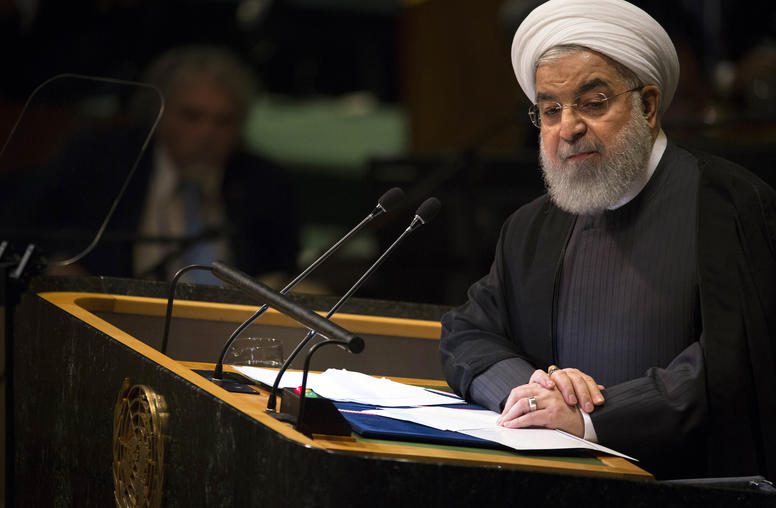
Iran Looks to Shore up its Influence in Iraq
This week, Iran’s president, Hassan Rouhani, made his first official trip to Baghdad. Following a meeting with Iraqi Prime Minister Adel Abdul Mahdi, the two leaders announced agreements to expand trade, establish a rail link between the two countries, and remove travel restrictions. Rouhani also had a high-profile meeting with Grand Ayatollah Ali Sistani, the most revered religious authority in Iraq. USIP’s Sarhang Hamasaeed examines the implications for the complicated Iran-Iraq relationship.

Lucy Kurtzer-Ellenbogen on the Warsaw Conference
Last week’s U.S.-led Warsaw Conference brought together more than 60 countries to discuss peace and security challenges in the Middle East. The conference underscored U.S.-European tensions over Iran...
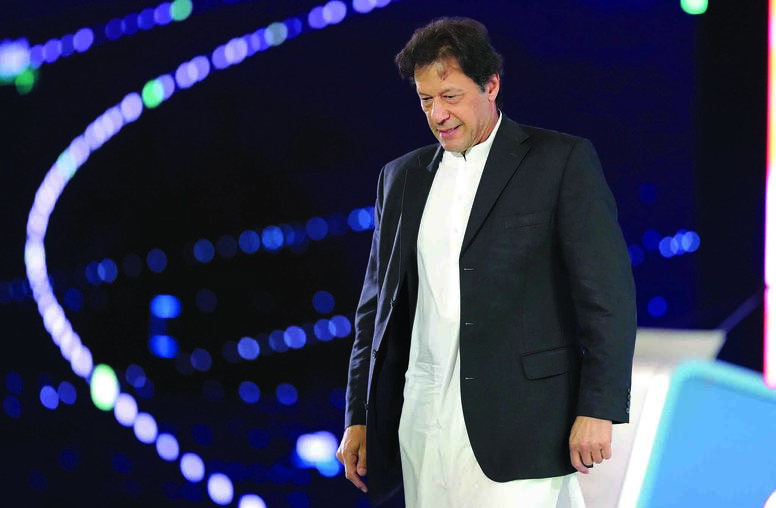
Pakistan’s Approach to Navigating the Saudi-Iranian Split
Since 2015, the deteriorating relationship between Saudi Arabia and Iran—the self-appointed vanguards of Sunni and Shia Islam, respectively—has brought forth a new cold war in the Middle East. Pakistan has spent decades striking a delicate balance between the two countries, but...
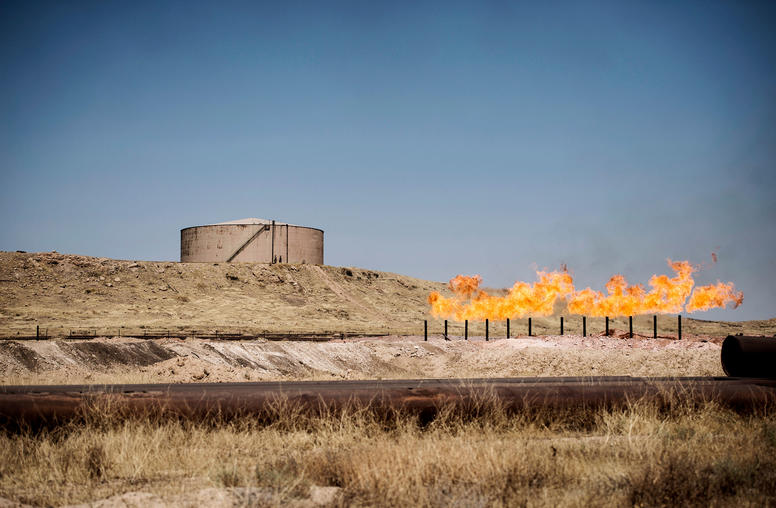
Could Iraq’s Economy Suffer Collateral Damage from Iran Sanctions?
With Iraq and Iran sharing a 900-mile border and deep commercial ties, the renewal of U.S. sanctions against Tehran without doubt would be felt in Baghdad. To what degree the Iraqi economy could end up collateral damage of the sanctions, however, requires detailed analysis.
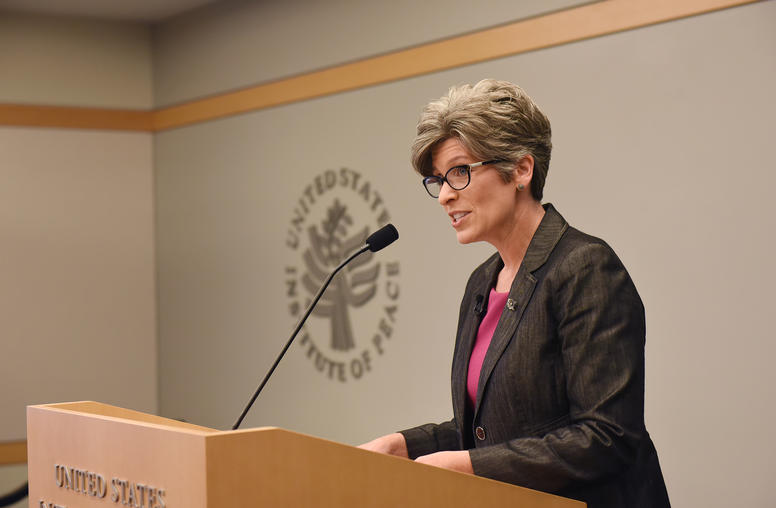
Iraq Mission Not Over for U.S., Senator Ernst Says
U.S. Senator Joni Ernst said that despite Americans’ weariness with U.S. involvement in Iraq, concerns about terrorism and regional stability make a continuing military commitment in the country a necessity. “Our first and our highest priority must be to ensure that the Iraqi government has the equipment and the training to conduct sustained and resilient counterterrorism operations,” Ernst said at the U.S. Institute of Peace.